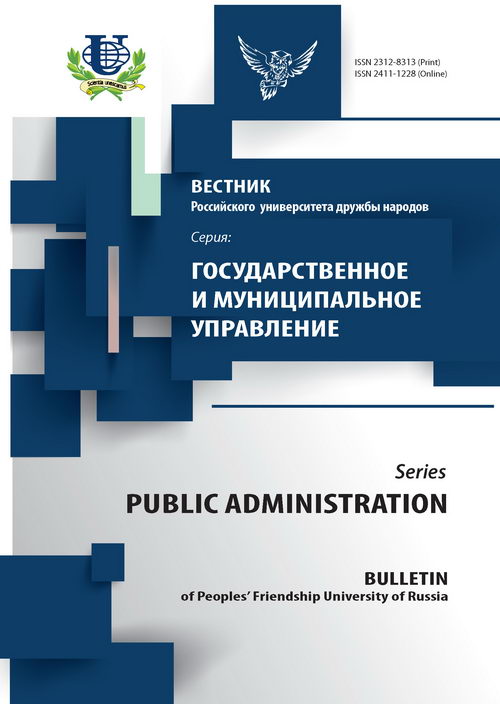ONLINE COMMUNITIES AND PROTEST ACTIONS: THE SOCIAL MEANINGFULNESS OF THE INTERNET AS TOOL FOR POLICY CRITICISM
- Authors: Babatunde O.O.1
-
Affiliations:
- Redeemer’s University
- Issue: No 3 (2014)
- Pages: 72-84
- Section: Articles
- URL: https://journals.rudn.ru/public-administration/article/view/6599
- ID: 6599
Cite item
Full Text
Abstract
Community media is created and controlled by a community of people in a geographic space or of similar identity or interest and is different from strictly commercial media, state run media, or public broadcasting. It is essentially meant to engage groups that are normally excluded or marginalized from the mainstream mass media process. Community media’s role becomes particularly evident when people are confronted by circumstances that test their capacity to stick together and forge a common front in dealing with a problem. Although having different technology and structural manifestations, community media have a common denominator which, in all cases, is the intention to push an idea unto the public sphere. Regardless of the issues and politics involved, citizens using the platform of community media want to have an arena to express their ideas to others. Community media exist in various print and electronic modes, including those on digital/new media platforms. In recent times, digital media technologies have grown in a manner that has led to a more widespread and extensive use of communication devices that rely on Internet connectivity to perform many functions. Consequently, emerging on this background are many online communities that serve as platforms for voicing out grievances against unpopular policies, using platforms such as blogs, wikis, vlogs and social media sites. This paper attempts, using virtual ethnography as a method of observation, to critically assess online media communities in Nigeria and situate them within the context of the currently growing trend of voicing social and political protests through the Internet by those who either lacked access to mainstream media or chose Internet platforms due to its peculiar characteristics. It concludes that whereas the Internet has become socially useful to the emergent communities, it has not been able to give them considerable leverage in influencing policy decisions at social and political levels.
About the authors
Olagoke Oni Babatunde
Redeemer’s University
Email: olagoke_oni@yahoo.com
Department of Mass Communication
References
Supplementary files















